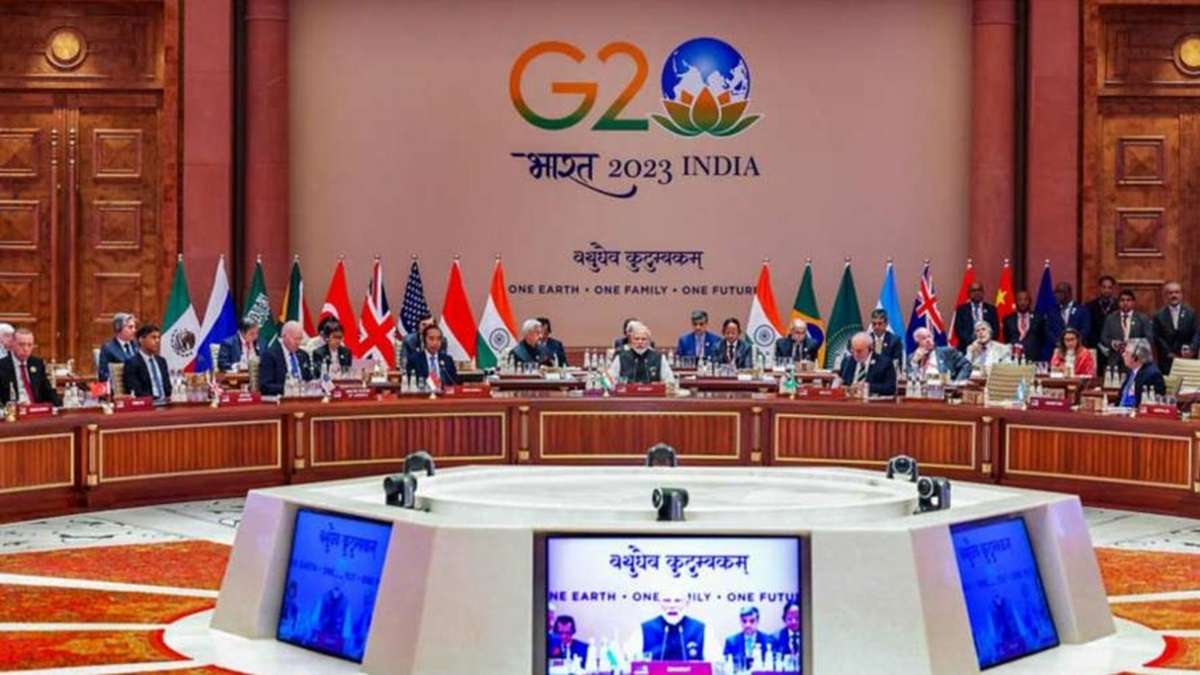- G20 summit website bombarded with 16 lakh DDoS attacks per minute – a digital blitzkrieg.
- Concerns surge about attackers’ identities, motives, and future vulnerabilities.
- International collaboration and robust cyber defenses are crucial to secure global events and cyberspace.
This incident highlights the importance of a robust cybersecurity network in India. As its competitors, China, Pakistan, many times have tried to hack government websites, although the location is not disclosed, but as per the past trend, hackers should be from China and Pakistan
The G20 summit’s cyber onslaught, with 16 lakh DDoS attacks per minute, exposed the fragility of digital infrastructure and underscored the gravity of global cybercrime. While the attack faltered, unanswered questions linger: state actors or rogue operatives? Motive, attribution, and future vulnerability remain murky. This incident demands international collaboration to strengthen cyber defenses, enhance attribution capabilities, and foster responsible state behavior in cyberspace. Only then can we ensure future summits, and our digital world, are not battlegrounds but platforms for progress.
#CyberAttack #CyberSecurity #G20CyberSummit #DigitalThreat #DDoSAttack #16LakhsPerMinute #26kAttacksPerSecond #WebsiteSiege #G20WebsiteDown #CyberWarfare #WhoHackedG20? #CyberCriminalHunt #AttributionChallenge #InternationalHackers #MysteryAttackers #CriticalInfrastructure #InformationSecurity #GlobalCybersecurity #I4C #CyberDefense #CyberPreparedness #ProtectOurData #OnlineSafety #StopCybercrime #InternationalCooperation




